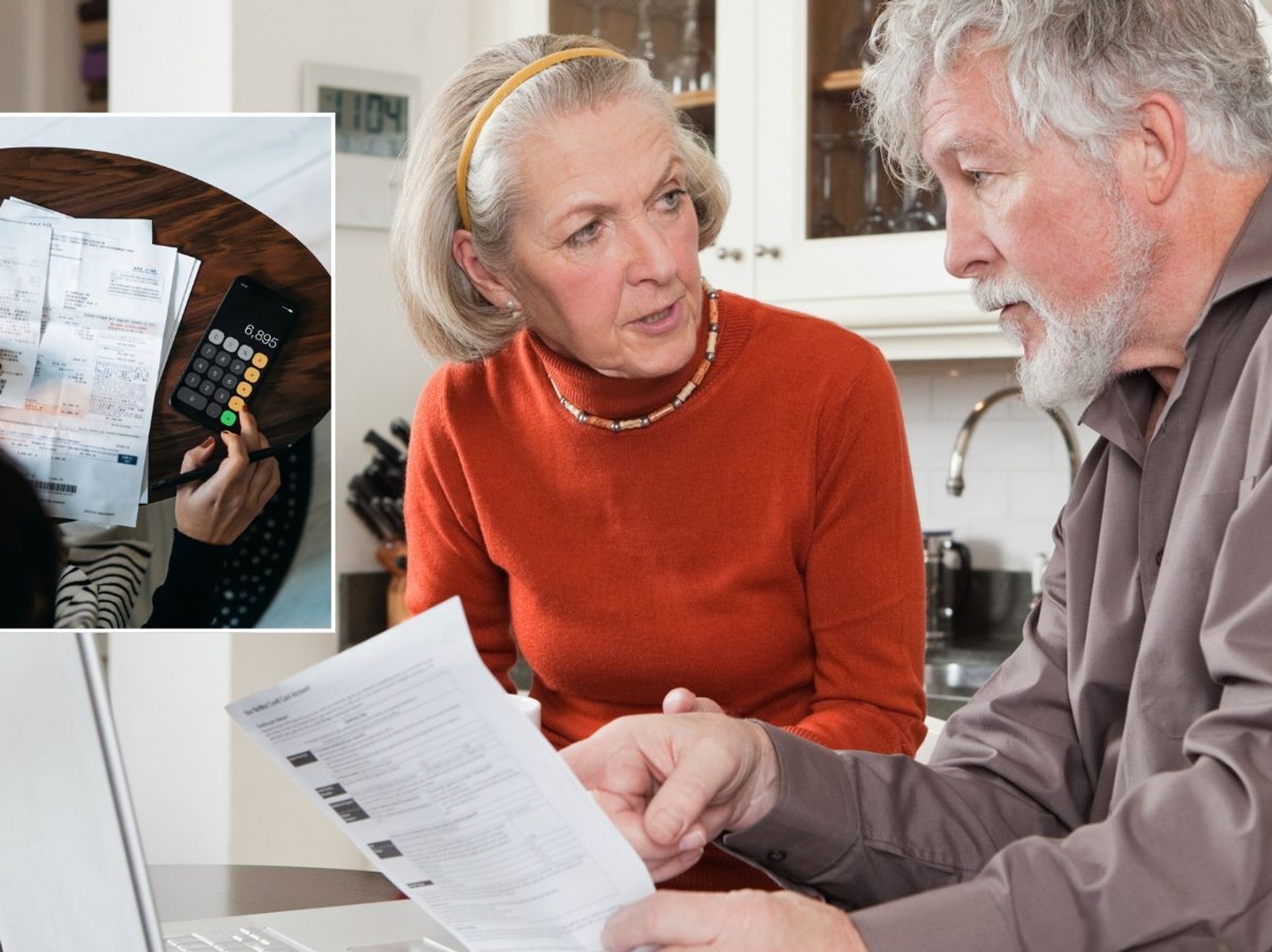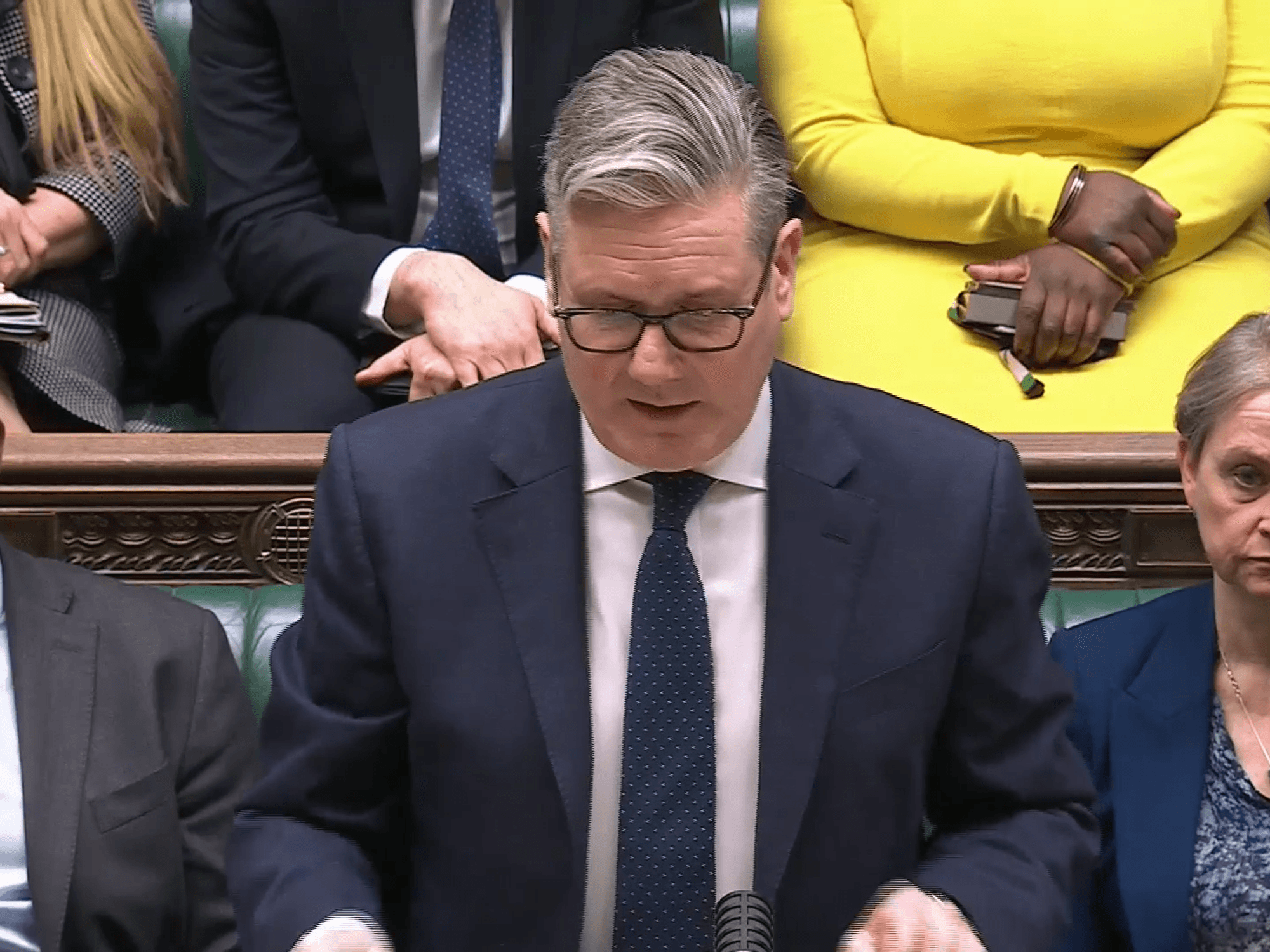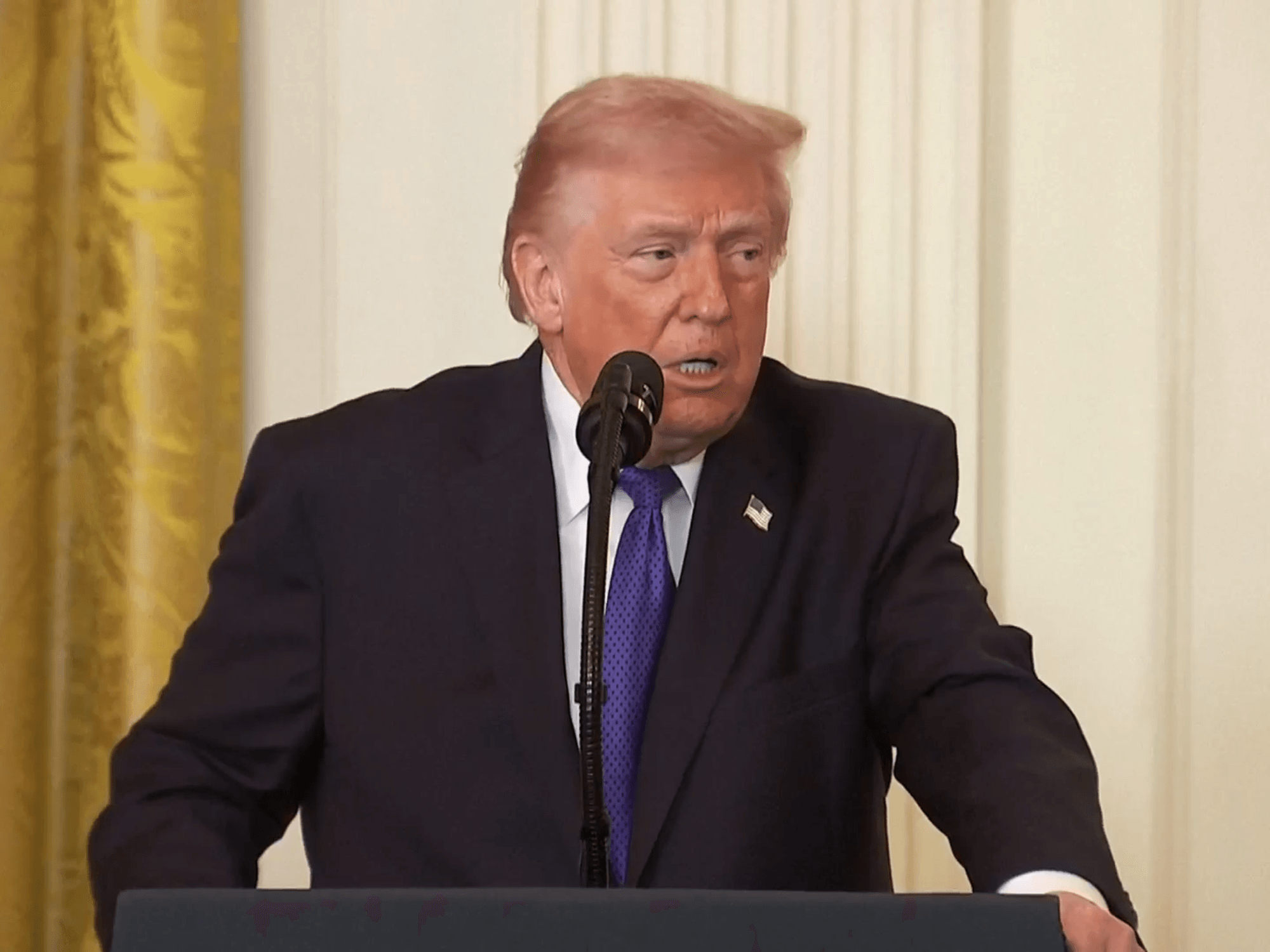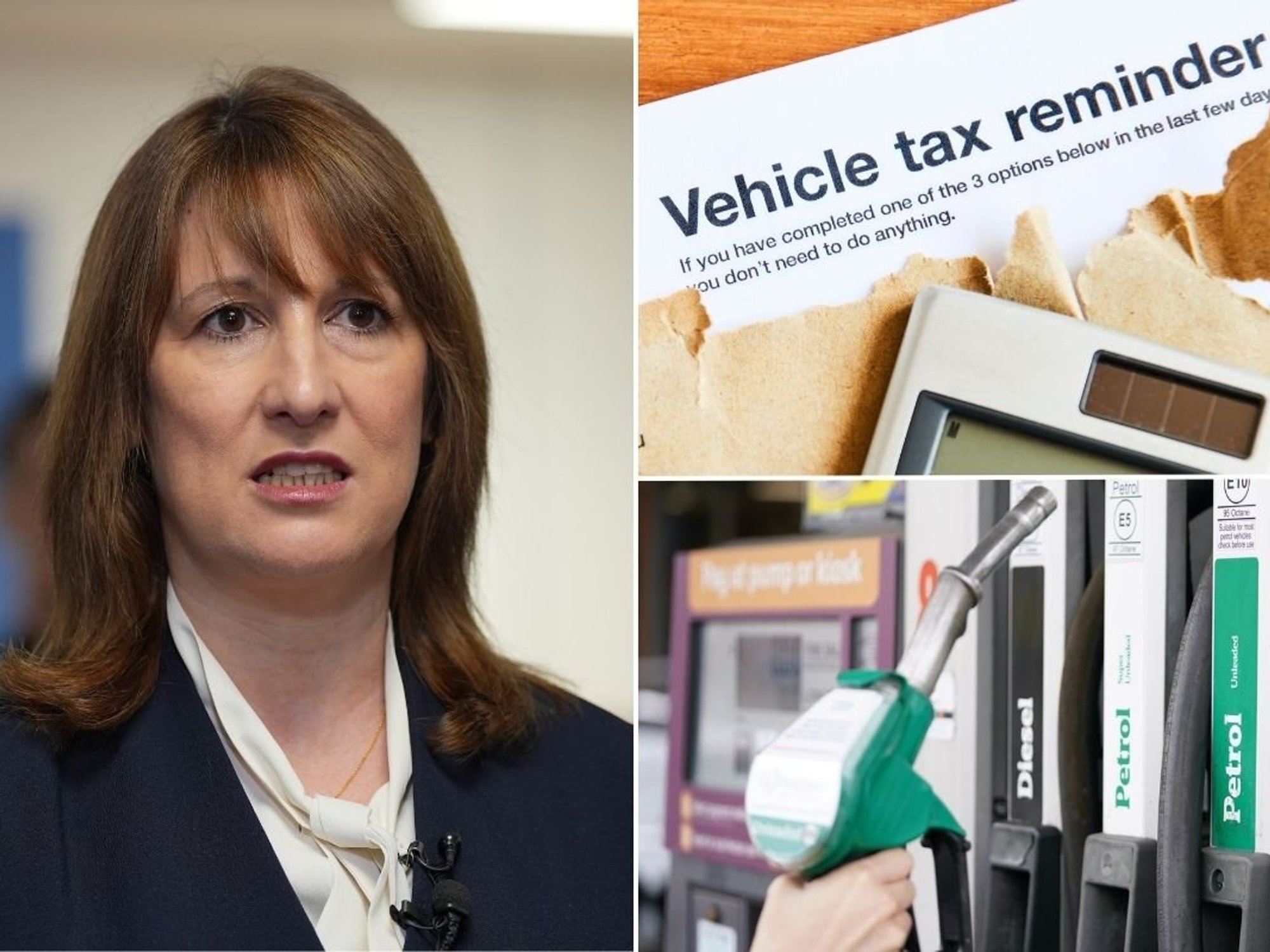Motorists must 'stop driving immediately' under DVLA medical rules or face £1,000 penalty

WATCH: DVLA urges elderly drivers to renew their licence
|DVLA

Drivers with high blood pressure could be forced off the roads if they fail to meet the DVLA requirements
Don't Miss
Most Read
Latest
Drivers with certain medical conditions have been warned they must "stop driving immediately" or face a £1,000 fine from the DVLA.
Motorists with conditions such as high blood pressure that exceed specific thresholds need to cease driving until a doctor confirms their condition is under control before being allowed back on UK roads.
Experts have highlighted how the DVLA has strict rules requiring drivers to report medical conditions that could affect their ability to drive safely.
Failure to do so could see motorists slapped with a hefty fine, but also lead to prosecution if the condition contributes to an accident.
Do you have a story you'd like to share? Get in touch by emailing motoring@gbnews.uk
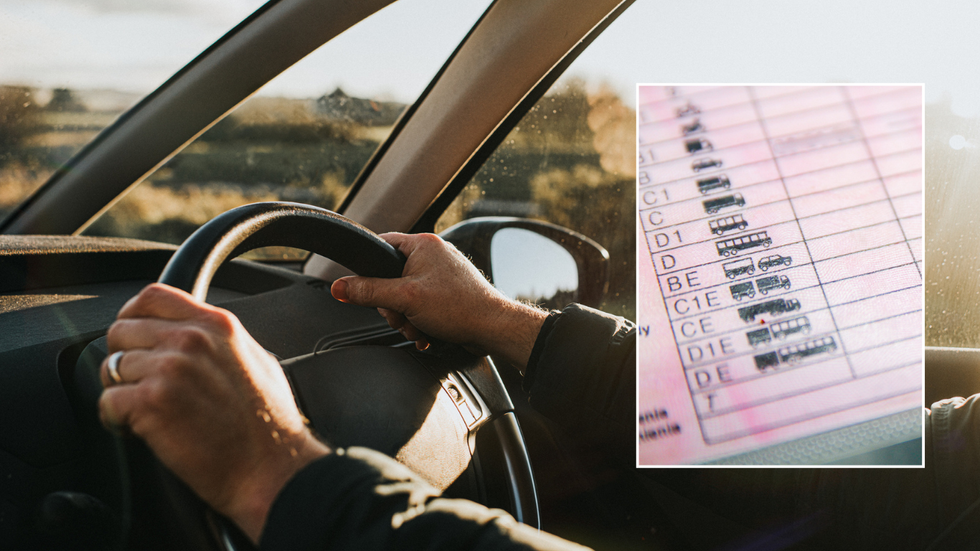
Drivers must inform the DVLA if they have certain medical conditions impacting their ability to travel on UK roads
|GETTY
Experts have now warned that some drivers may be unaware of their legal obligation to notify authorities about their health conditions.
Drivers with high blood pressure face different requirements depending on their licence type. For car or motorcycle licence holders, driving must stop if a doctor diagnoses malignant hypertension, also known as accelerated hypertension, which is a sudden rise in blood pressure.
For bus, coach or lorry drivers, the rules are much stricter. They must stop driving and inform the DVLA if their blood pressure is consistently above 180/100mmHg or if they have malignant hypertension.
In both cases, drivers can only return to the road once a doctor confirms their condition is well-controlled and signs them off as being fit enough to get behind the wheel.
Experts from BigWantsYourCar.com shared: "Failing to inform the DVLA about a medical condition like high blood pressure can lead to a fine of up to £1,000. This condition is important to report because it can suddenly impair your ability to drive safely, putting both you and others at risk.
"Drivers who do not report high blood pressure to the DVLA are not just risking a fine—they could also face prosecution if their condition leads to an accident. It's really important to follow the DVLA's guidelines."
For those with the ailment, specific forms must be submitted to the DVLA, with drivers needing to complete form BP1V if their blood pressure is consistently above 180/100mmHg without malignant hypertension.
Those with malignant hypertension must submit form VOCH1, which is also required for reporting numerous heart-related conditions, including angina, heart attacks, abnormal heart rhythm, heart failure, and many others.
LATEST DEVELOPMENTS:
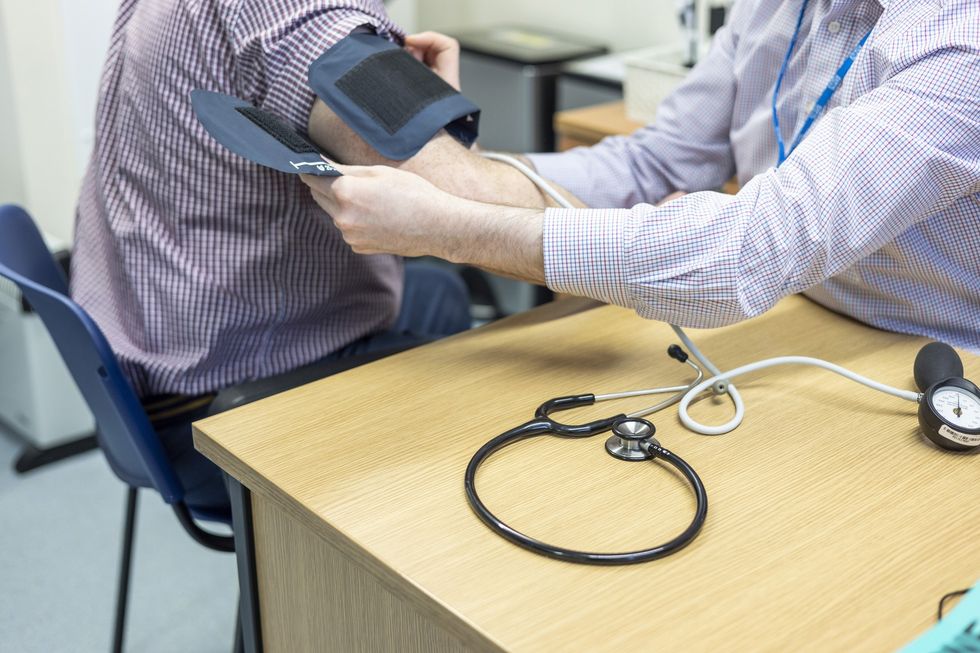
Drivers must inform the DVLA if their blood pressure is consistently above 180/100mmHg
|GETTY
Bus, coach or lorry drivers must report heart conditions such as coronary artery bypass, pacemaker implants, heart transplants and various other cardiac issues using the appropriate forms.
All completed forms should be sent to the address specified in the document. After submitting the required forms, drivers can expect to receive a decision from the DVLA by letter.
During the application review process, the DVLA might contact the driver's doctor or consultant, arrange for a medical examination, or request a driving assessment or eyesight test.
Applications may take longer than usual if they need to be referred to a doctor, though this doesn't apply to bus or lorry licence applications.
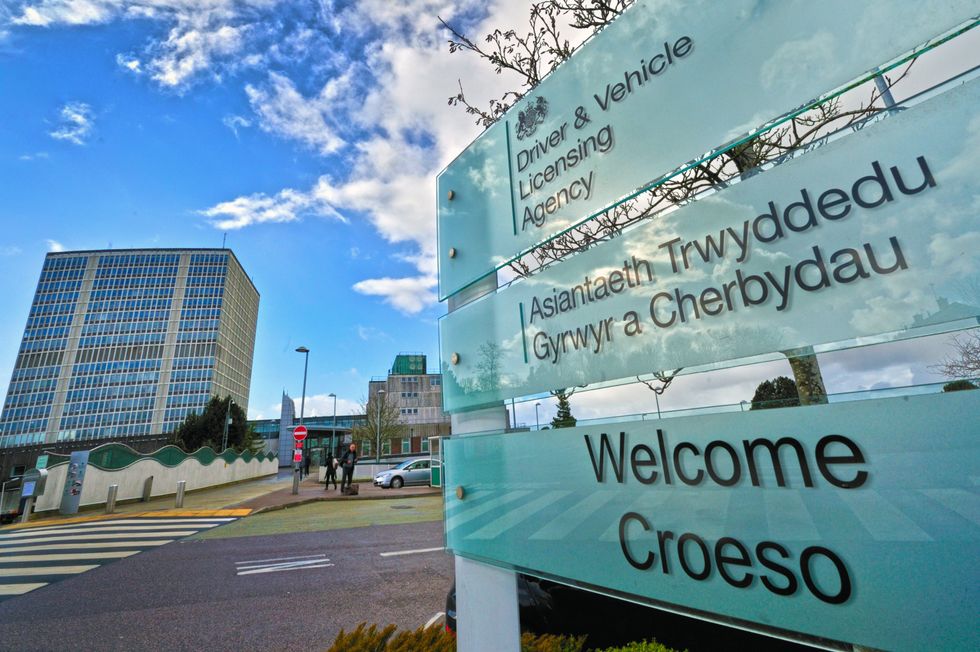 The DVLA can fine drivers and take away licences for failing to meet its requirements | DVLA
The DVLA can fine drivers and take away licences for failing to meet its requirements | DVLAIn most cases, drivers can continue driving while the DVLA considers their application. However, those specifically instructed to stop driving due to their condition must follow that guidance until medically cleared to return to the road.







